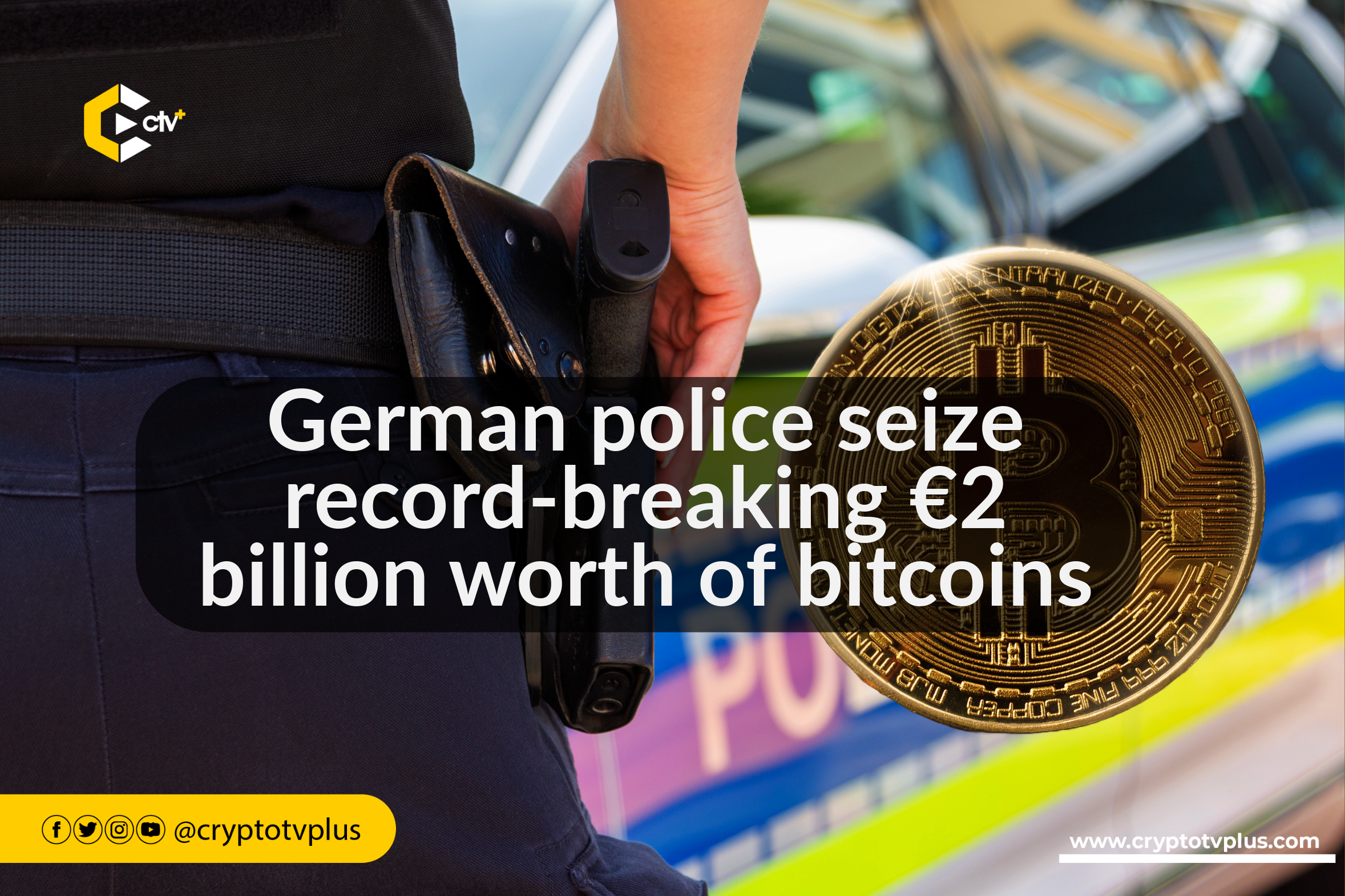News
German police seize record-breaking €2 billion worth of bitcoins

German law enforcement authorities in the state of Saxony seized a staggering 50,000 bitcoins, marking the largest bitcoin seizure in the country’s history and Europe. The virtual currency, valued at $2.17 billion at the current exchange rate, was willingly handed over by one of the suspects involved in the investigation.
The investigation which started years ago was directed at a 40-year-old man and a 37-year-old man, suspected of operating a piracy portal until May 2013. It is alleged that the individuals used the proceeds from their illicit activities to acquire bitcoins.
Additional information has surfaced, indicating that the investigation was conducted with assistance from various entities. The lead investigators in this case were the Dresden Public Prosecutor General’s Office, the Saxon State Criminal Police Office (LKA), and the tax investigation department of the Leipzig tax office.
Collaboratively supporting these efforts were the Federal Criminal Police Office (BKA), the US Federal Bureau of Investigation (FBI), and a Munich-based IT expert firm.
Germany has a unique and rapidly maturing regulatory framework for crypto businesses, with key regulators such as BaFin and the Federal Ministry of Finance overseeing compliance and enforcing national regulations.
Germany is known for its strict KYC and AML regulations in place to reduce fraud on cryptocurrency exchanges. The country is also home to numerous blockchain startups, and its number of Bitcoin and Ethereum nodes is second only to the United States.
Its top regulator has called for global regulation of the cryptocurrency industry to protect consumers and prevent money laundering.
Chainalysis indicated that during the year 2022, they monitored the movement of a substantial amount of cryptocurrency, totaling $23.8 billion, that was involved in money laundering activities orchestrated by cybercriminals.
This figure specifically accounts for funds associated with addresses linked to criminal activities that are inherently connected to cryptocurrencies. Examples of such crimes include ransomware attacks, hacking incidents targeting cryptocurrency exchanges, and various crypto scams.
On the other hand, the European Union (EU), has adopted measures like the Markets in Crypto-Assets (MiCA) regulation to address and mitigate crimes within the digital asset sector across the region.
MiCA is a legislative framework designed to regulate and provide oversight for crypto-assets and related activities within the EU. By implementing MiCA, the EU aims to establish a regulatory framework that enhances transparency, security, and compliance in the digital asset space.
Kay Anders, the spokesperson for the Saxon LKA, confirmed the largest-ever bitcoin seizure in Germany. The suspects willingly transferred the cryptocurrency for the ongoing investigation. No charges have been filed yet.
Patrick Pintaske, spokesperson for the Dresden prosecutor’s office, mentioned that if indicted, the investigation closes. The fate of the seized bitcoins is uncertain, with no decision on whether to cash them.
Read also; OKX supports Doginals, Atomicals, Stamps, and Runes Inscription standards













1 Comment